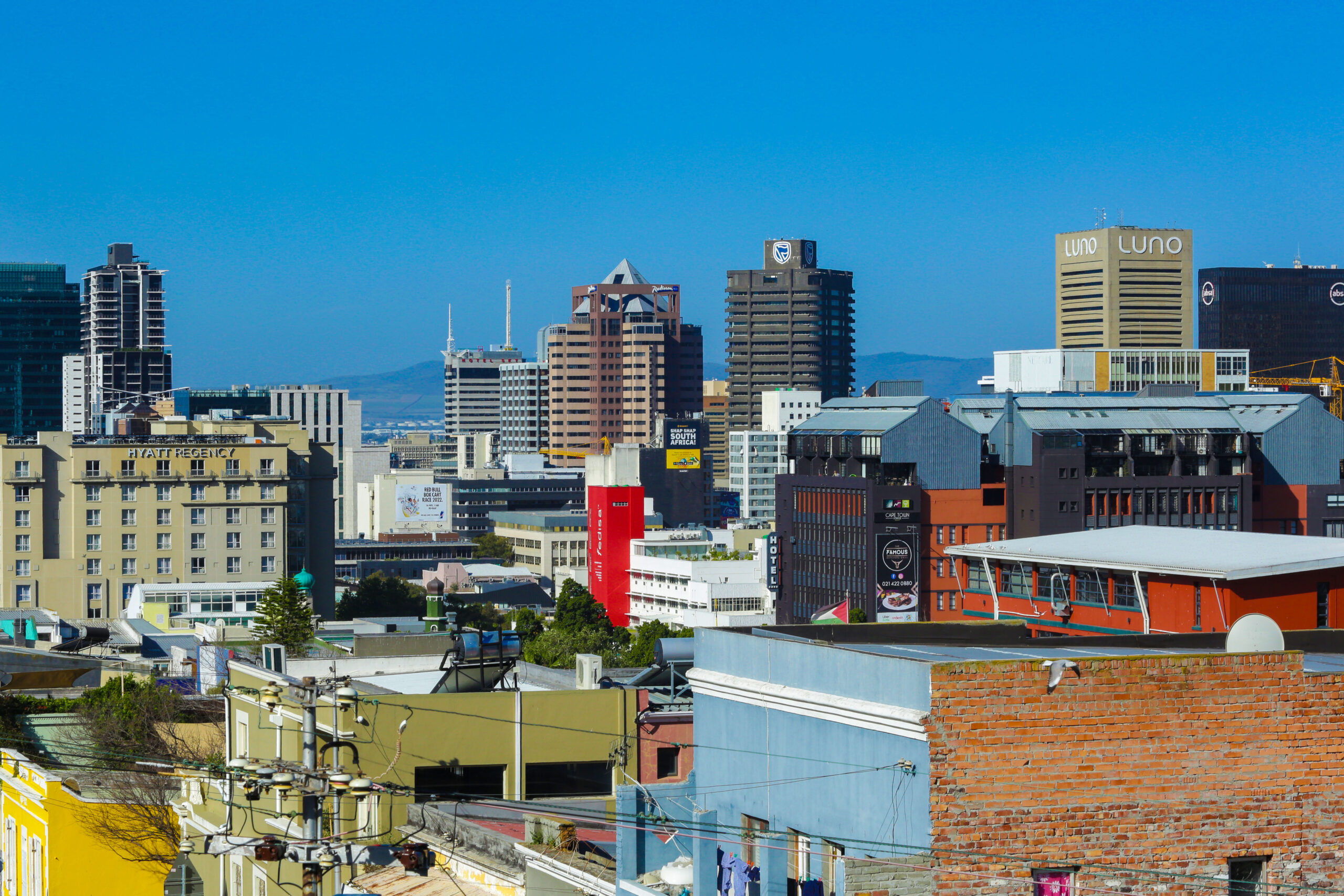Charter cities are gaining momentum in Africa as countries leverage these self-regulated urban models to address urban challenges, attract investment, and drive job creation.
By Bonface Orucho
Charter cities are gaining popularity in Africa as nations respond to rapid urbanization by leapfrogging traditional urban growth models to create hubs of innovation that can attract investment, drive economic development, and offer sustainable solutions to modern urban challenges.
According to Carl Peterson, the Senior Manager for Special Projects at the Charter Cities Institute, a global nonprofit supporting countries to build these new models, charter cities are like “special economic zones on steroids.”
“Traditionally, special economic zones (SEZs) have been small, fixed areas focused primarily on industrial activities. These zones offer companies tax incentives—such as corporate income tax breaks for a set period…,” Peterson explained.
Charter cities differ from SEZs by being city-sized (10+ square kilometres) and establishing their own regulatory frameworks to drive economic growth, similar to cities like Dubai, Hong Kong, and Singapore.
Experts emphasize that capabilities such as those that bridge regulatory gaps are crucial, as these gaps pose a major challenge to unlocking the economic potential of African urban centres.
Jeremy Gorelick, for instance, a lecturer at Johns Hopkins University, argues in a guest article for The Conversation that weak regulations in African cities are hindering local authorities’ ability to raise finance.
“Only a handful of local governments have successfully issued municipal bonds, almost all of them in South Africa… lack of bond issuance is not due to the municipality or potential investors, but the limiting behavior of national governments,” he highlights.
“We have active charter city projects in Kenya, Tanzania, Malawi, Zambia, DRC, and Nigeria. These projects vary in scale, ranging from collaborations with governments to private-sector initiatives,” Peterson explained, highlighting the growing appeal of this model in African cities.
Africa, the world’s fastest urbanizing continent, will see its urban population double to 2.4 billion by 2050, with over 60% of its population living in cities, according to the UN. This rapid growth demands sustainable urban solutions.
At the inaugural Africa Urban Forum hosted in Ethiopia in September, UN-Habitat Executive Director Anacláudia Rossbach highlighted the need for countries to move away from models of planning that were “conceptualized [for] cities that are not ours.”
Various countries are recognizing this growing need by putting in place policies that allow for more liberal planning approaches that address underlying issues.
Malawi, in December 2023, passed the Special Economic Zones Act, establishing vehicles; the SEZA and SEZF, to drive investment. The law offers tax exemptions for five years and 50-year renewable leases for developers. SEZs will span sectors like agriculture, ICT, and industrial parks, boosting Malawi’s investment appeal.
Similar laws in other countries such as Zanzibar, Kenya, Zambia, etc. have allowed the establishment of charter cities mainly leveraging public-private partnerships with different investors.
In Zanzibar, Fumba Town is on course to becoming the island’s first fully integrated sustainable urban development, blending modern living with eco-friendly design.
According to the town’s website, it is the country’s “first Eco-Town Development,” featuring diverse elements, “from permaculture in an urban context to green building technologies, biodiversity in botanical parks, a breathtaking sunset dinner, and investment opportunities.”
Nkwashi, another charter city near Lusaka, is being developed by Thebe Investment Management. CCI reports it is one of Africa’s largest multi-use projects, designed to house 100,000 residents with a university and business district.
In Nigeria, the Enyimba Economic City, a 9,803-hectare Greenfield Special Economic Zone in Abia State, is progressing with the construction of its first phase. The city, which adopts a charter city model, is a Public-Private Partnership (PPP) project involving Crown Realties Plc., the Abia State Government, and the Federal Government of Nigeria.
In addition to their blend of ultra-modernism features with cutting-edge designs, charter cities have also been touted as a solution to youth unemployment, which remains a pressing issue across the continent.
Africa has the world’s youngest population, with over 60% under the age of 25. However, unemployment rates remain a critical challenge, with rates ranging from 10% to 15%.
According to the Charter Cities Institute, charter cities can spur industrialization, for instance, by attracting foreign direct investment (FDI). The African Development Bank estimates that FDI to Africa will exceed US$75 billion annually by 2025.
The institute reports around 70 charter cities in Africa, with more planned as global organizations like CCI forge partnerships with African governments through events like the Africa New Cities Summit.
“Last November, we hosted our inaugural Africa’s New Cities Summit in Kigali… Next year’s summit is set for June 12-13 in Nairobi, with a stronger emphasis on business.”
“While there will still be intellectual and academic discussions, the focus has shifted toward actionable outcomes,” Michael Holstein, Head of Communications Charter Cities Institute, revealed.
bird story agency
Charter cities are increasingly popular in Africa as countries seek innovative solutions to urban challenges, economic development, and job creation in the context of rapid urbanization. These self-regulated cities function like large special economic zones, establishing their own regulatory models to attract investment. Unlike traditional special economic zones focused on industrial activities, charter cities address weak regulations that hinder financial growth in African urban centers, as noted by experts like Jeremy Gorelick.
Countries such as Kenya, Tanzania, Malawi, and Nigeria are adopting the charter city model, implementing laws and initiatives to foster sustainable urban development and public-private partnerships. Projects like Malawi's Special Economic Zones Act and Zanzibar's eco-friendly Fumba Town underscore this shift. These developments aim to accommodate Africa's urban population, set to double by 2050, and address youth unemployment by attracting foreign investment and facilitating industrial growth.
According to the Charter Cities Institute, these cities are seen as a solution to the continent's challenges, with approximately 70 charter cities planned across Africa. The institute's events, like Africa's New Cities Summit in Kigali and the upcoming one in Nairobi, signal a focus on actionable business outcomes tied to these innovative urban strategies.






